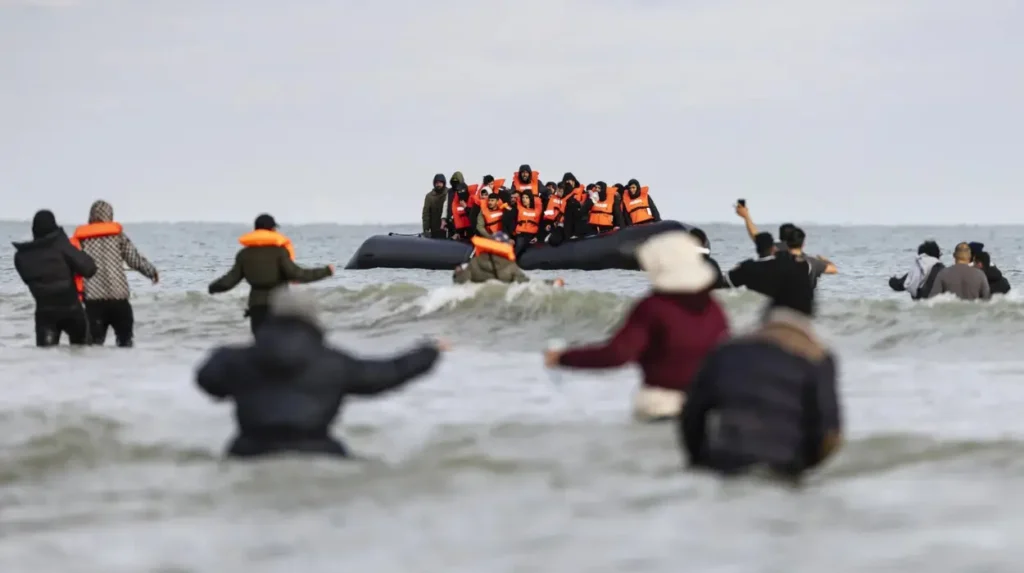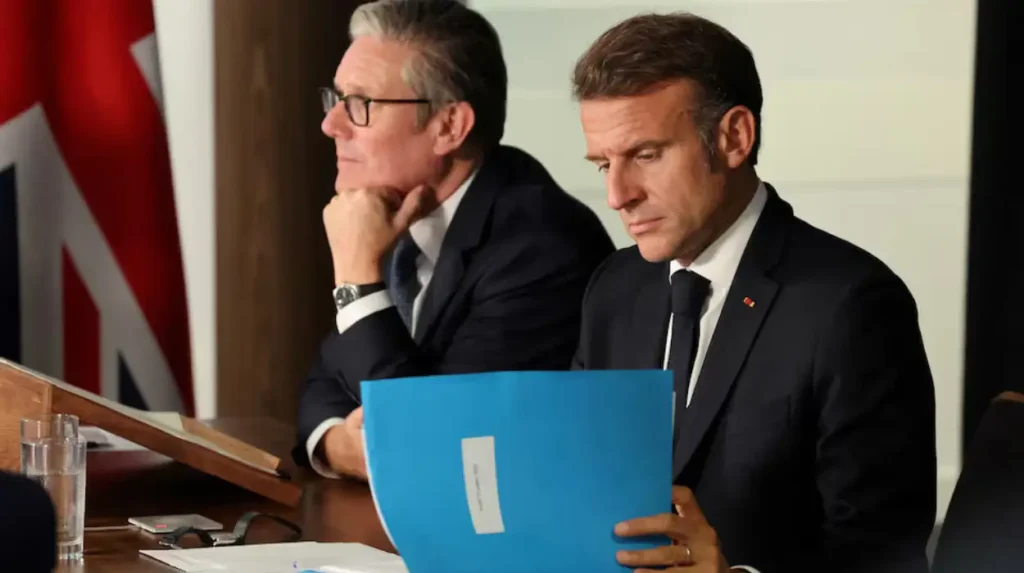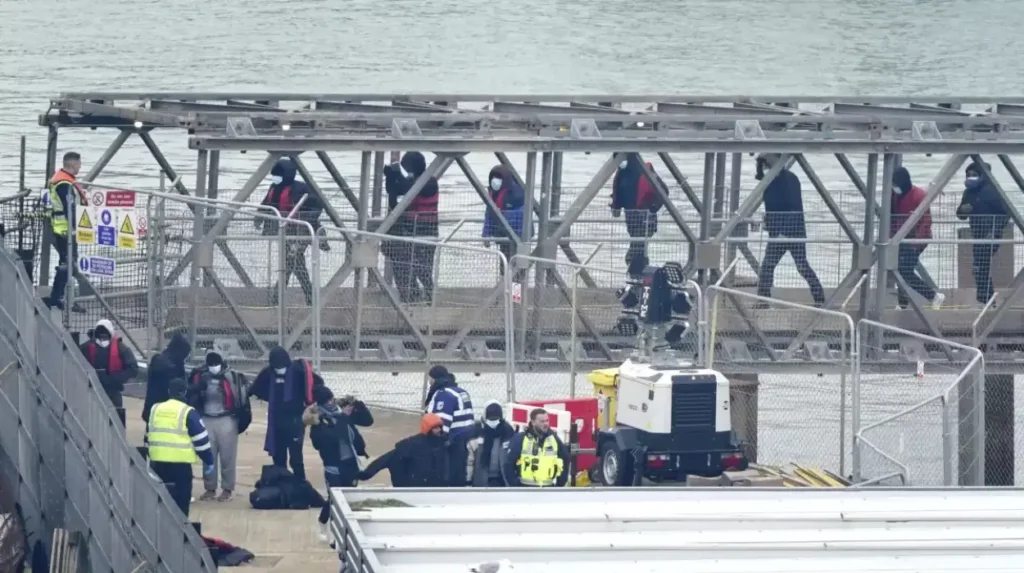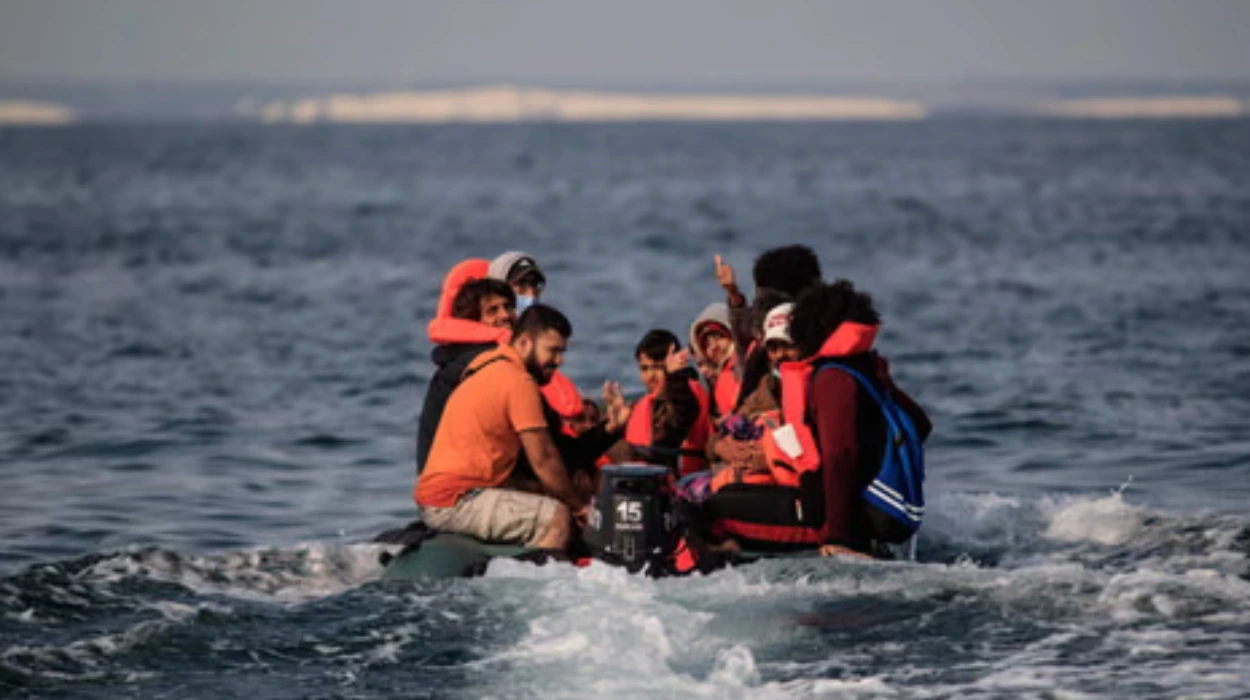It’s possible that the deportation of migrants arriving by small boats via the English Channel is the most politically and legally contested area of UK politics at the moment. Each year thousands of people attempt this journey, and the UK Government is under constant political pressure to control its borders and uphold its humanitarian obligations. Deportations of channel migrants in 2025 manifest in a way that is not the same as previously; in this instance, after the Rwanda scheme retraction, they go on to pursue a new border security plan. In order to provide a whole picture, we must look at three parts: deportation rules, recent government deportation activity, and the ongoing contested political policies.
Current rules governing the deportation of Channel Migrants
In UK law, deportation is usually the removal of a foreign national upon conviction of a criminal offense, when the Home Office uses its discretion to deport a person for the public good. However, when it comes to channel migrants, most deportations are either initiated returns or basic voluntary returns. Understanding the difference is an important step.
Legal Process After Arrival
When migrants arrive on small boats, they are tracked by Border Force, or they are found shortly after landing. They are promptly taken to first a processing centre and then referred for lots of screening, including identity checks, medical checks, and interviews. From here:
- They can initiate an asylum claim.
- Their claim is evaluated for admissibility (are they eligible for the UK to hear it?).
- If rejected, they may be detained pending removal.
Criteria for Deportation or Return
The basis of a removal request is based on:
- Whether or not a person has a legal right to remain.
- Whether or not any asylum or other protection has been conferred.
- Bilateral arrangements with other countries with regard to accepting persons being returned.
- Consideration of the needs of human rights laws (for instance, the European Convention on Human Rights).
Detention Powers
The UK government holds a legislative power to detain with regard to migration while pending deportation to prevent absconding. A person can challenge detention before courts or judges who can order release (there’s often legal aid for that purpose).
Timescales for Deportation
There isn’t a timescale, but plans to move faster on removals in 2025 under the UK–France pilot scheme, for instance, many removals took place in as little as a few days if no legal challenges were submitted.

Government Moves Towards Deporting Channel Migrants
In July 2024, the newly elected UK government terminated the controversial Rwanda deportation plan. The plan, created under the previous government, processed certain asylum seekers in Rwanda for eventual resettlement.
There were ongoing challenges to the legality, value for money, and moral standing of the process, so most people never became aware of it because it had not proceeded to operational status due to the threat of legal challenges.
The new administration said it made more sense to invest resources into readiness for any border security breaches and to expedite decisions on case history. Without Rwanda, the focus is on bilateral agreements and on-shore processing.
Creation of the Border Security Command
The most significant restructuring in 2025 was the creation of the Border Security Command. This command is set up to become the single and central focus for tackling illegal migration by combining Border Force, the National Crime Agency, and intelligence teams to disrupt the supply chain of smuggling at every step.
The aspiration is to understand and deal with the crossings as an organized crime issue rather than simply a migration problem. The intent is to share intelligence on boats and go on joint operations with an aspiration to disrupt the supply chains of all boats and engines before they reach migrants. The overall ambition is to reduce arrival numbers over a period of time through decisive activity.
Launch of the UK–France Returns Pilot
In August 2025, the UK introduced a new pilot agreement with France that allows for a few small-boat migrants to be returned across the Channel. Under this one-in, one-out process, the UK agrees to take an equal number of recognised refugees from France.
The pilot intends to assess the mechanics, legality, and political viability of said returns before ramping them up. Initial returns are being closely scrutinised to determine whether they can be executed relatively quickly, although, of course, that’s subject to any unforeseen legal or practical delays. Government representatives believe this is a potential model of future returns agreements with other European countries.

Increase in Return Rates
The Home Office reported a significant increase in returns since mid-2024, with asylum-related removals rising by approximately a third of the previous year. Officials claim the uptick is the result of quicker decision-making, improved cooperation between agencies, and prioritizing actions to remove cases. Officials claim that the ability to remove people who have no legal right to stay is integral to the asylum system, but getting some doubts, the government is now obviously encouraging the sharing of return numbers to try and dishearten migrants from making an often fatal crossing.
Expansion of Bilateral Agreements
Apart from France, the UK has also engaged with other countries to bolster deportation arrangements, notably with Albania. This collaboration has resulted in a dramatic drop in small boat arrivals from Albania and a doubling of return rates to Albania.
Ministers have further contacted other countries to arrange bilateral return policies, which will allow for the direct return of refused asylum seekers. Bilateral arrangements have been identified as the basis for a sustainable deportation approach to continue to tackle the operational issue of getting acceptance from the destination countries.
Technology and Workforce Investment
The government has committed in excess of £150 million for border security and deportation capacity. Funding includes advanced surveillance capabilities, patrol vessels, and biometric identification. There are also some recruitments to expedite asylum processing and to expand capacity in managing a detention estate.
Technology enhancements are intended to address smuggling activities live and to service a quicker response. Ministers argued that this money would disproportionately save money on hotels for asylum seekers and on disposals.

Controversies Around Channel Migrant Deportation
- Human Rights Concerns: Charities and legal organizations warn that expedited deportations risk returning individuals to dangerous countries. The Rule 39 provision of the European Court of Human Rights can suspend deportations where irreversible harm is a possibility.
- Scale of Impact: Critics state that current initiatives, such as the UK and France pilot, will result in very small numbers of arrivals being diverted from their journey, which is unlikely to affect the volume of crossings en masse. Supporters, on the other hand, argue that it is a positive move.
- Cost vs. Effectiveness: The cost of housing all asylum seekers in hotels, legal challenges to deportation, deportation actions, etc., are all aspects of political debate and a platform for those who oppose the government’s actions against illegal incursions/arrivals, challenging whether the effort of deportation is value for money again if numbers simply remain too high.
- Legal Barriers: A significant amount of deportations and enforcement are stalled or blocked due to a lack of travel documents, countries refusal to accept returnees, or individuals exploiting the legal system with appeals to block deportations. This also slows down the enforcement aspect and prolongs the time individuals are in the UK.
- Political Polarization: The politicization of these issues has led to division within UK politics to the point where there are calls for an even more aggressive stance on deportation and an increase in humanitarian-based discourse, where a better approach is to increase safe legal routes and cease the fixation on deportation and make it a last resort.


